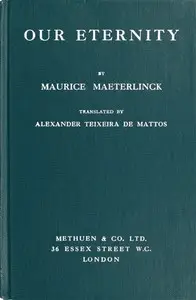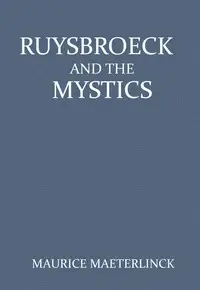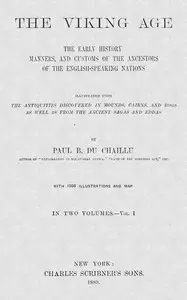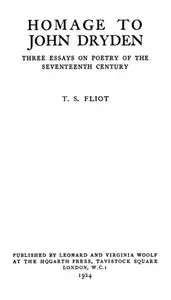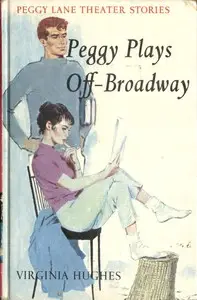"The Blue Bird: A Fairy Play in Six Acts" by Maurice Maeterlinck is a whimsical fairy play crafted during the late 19th century. The story follows two children, Tyltyl and Mytyl, on a magical quest to find the elusive Blue Bird of happiness, guided by the mysterious Fairy Bérylune. Their journey leads them through enchanting realms filled with personified elements, animals, and memories, exploring the themes of happiness, love, and the true meaning of fulfillment. At the start of the play, we are introduced to Tyltyl and Mytyl in their humble woodcutter's cottage, where they are captivated by the sights and sounds of a Christmas celebration happening nearby. The scene is set with warmth and innocence, as the children express disappointment about not receiving gifts from Father Christmas. Their adventure begins when the fairy appears, asking them to find the Blue Bird she desperately needs for her sick daughter. The children are entranced by the idea and, despite their initial hesitations, they prepare to embark on a magical journey with the fairy’s guidance, promising encounters with the fantastical realms of Memory and Happiness along the way. (This is an automatically generated summary.)
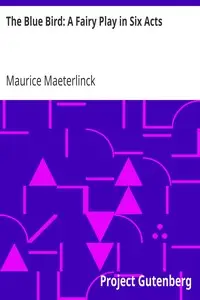
The Blue Bird: A Fairy Play in Six Acts
By Maurice Maeterlinck
"The Blue Bird: A Fairy Play in Six Acts" by Maurice Maeterlinck is a whimsical fairy play crafted during the late 19th century. The story follows two...
Maurice Polydore Marie Bernard Maeterlinck, also known as Count/Comte Maeterlinck from 1932, was a Belgian playwright, poet, and essayist who was Flemish but wrote in French. He was awarded the Nobel Prize in Literature in 1911 "in appreciation of his many-sided literary activities, and especially of his dramatic works, which are distinguished by a wealth of imagination and by a poetic fancy, which reveals, sometimes in the guise of a fairy tale, a deep inspiration, while in a mysterious way they appeal to the readers' own feelings and stimulate their imaginations". The main themes in his work are death and the meaning of life. He was a leading member of La Jeune Belgique group, and his plays form an important part of the Symbolist movement. In later life, Maeterlinck faced credible accusations of plagiarism.




